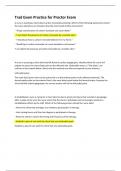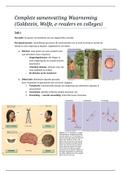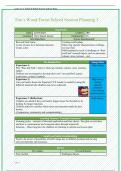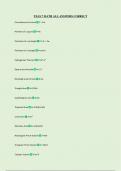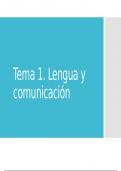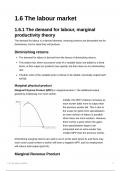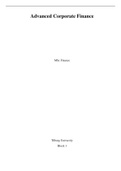Name and surname:
Student number:
Module name:
Module code: ICH4801
Assignment unique number: 642314
Number of pages: 12
Due date:
1
, STUDENT DECLARATION FORM
DEPARTMENT OF CURRICULUM AND INSTRUCTIONAL
STUDIESCOLLEGE OF EDUCATION
UNIVERSITY OF SOUTH AFRICA
The Department of Curriculum and Instructional Studies emphasizes integrity and ethical behavior
concerning preparing all written work submitted for academic assessment. Although your lecturers can
provide you with information about reference techniques and guidelines to avoid plagiarism, youalso
have a responsibility to fulfill this regard. Should you feel unsure about the requirements, you must
consult your lecturers before submitting any assignment. You are guilty of plagiarism when youextract
information from a book, article, web page, or fellow student without acknowledging the source and
submitting it as your work. In truth, you are stealing someone else's property. You may not use another
student's work. You may not allow anyone to copy or use your work to submit it as their own. Students
guilty of plagiarism will forfeit all credit for the work concerned. Plagiarism is a severe violation of the
University's regulations and may lead to expulsion. The under-mentioned Declaration must accompany
written assignments. Your assignment will be cancelled and returnedunmarked if you do not include a
fully completed and signed declaration form.
I (full names): Student number: Module: ICH4801
Declare that…
1. I understand what plagiarism entails and am aware of the University's policy in this regard.
2. I declare that this assignment is my original work. Where I use someone else's work, whethera
printed source, the Internet, or any other source, I give the proper acknowledgment and
include a complete reference list.
3. I did not use another current or previous student's work, submitting it as my own.
4. I did not allow and will not allow anyone to copy my work to submit it as their work.
Signature: Date:
2
, SECTION A: COMPULSORY SECTION
Question 1 [40 marks]
Questions 1(a) (20 marks) and 1(b) (20 marks) – compulsory
1(a) Comparative education (chapter 8 of the prescribed book)
1) Define “comparative education”. (Page 146) (4)
Comparative education can be defined as having a three-in-one perspective on education: an
education system perspective, a contextual perspective and a comparative perspective. comparison
of different practices in education in different countries. describe, define, analyze, interpret and
compare education systems.
A study of how the philosophy, objectives and aims, policy and practice of education in other
countries influence the general development, policy and practice of education in a particular country.
A study of how the development of education in the past, across the ages and continents, has
influenced the development of education in particular countries.
A study of the school systems of two or more countries, and of the administrative machineries set
up to implement or to control the implementation of government policies at various levels of
education systems.
2) Discuss any four phases of the historical evolution of the field of comparative and international
education. (Page 140-145) (8)
a) Travelers’ tales since time immemorial
The first human beings upon making contact with other communities, societies and cultures, made
people to start comparing their own (societies, communities and cultures) with other people they
contacted. Such comparisons of educational practices can today still be found in the non-scholarly
literature in, for example, newspapers and the popular media (internet). As these travelers’ tales are
told casually and are neither exhaustive nor systematic nor objective, this phase could be regarded as
a pre-scientific phase of comparative education.
b) The systematic study of foreign education systems for borrowing
Government officials studied education systems and educational development in foreign countries to
borrow best policies and practices, i.e. to import them to improve their own education systems back to
their home countries. Studying foreign education systems to borrow best practice is what many
governments worldwide still do today.
3

